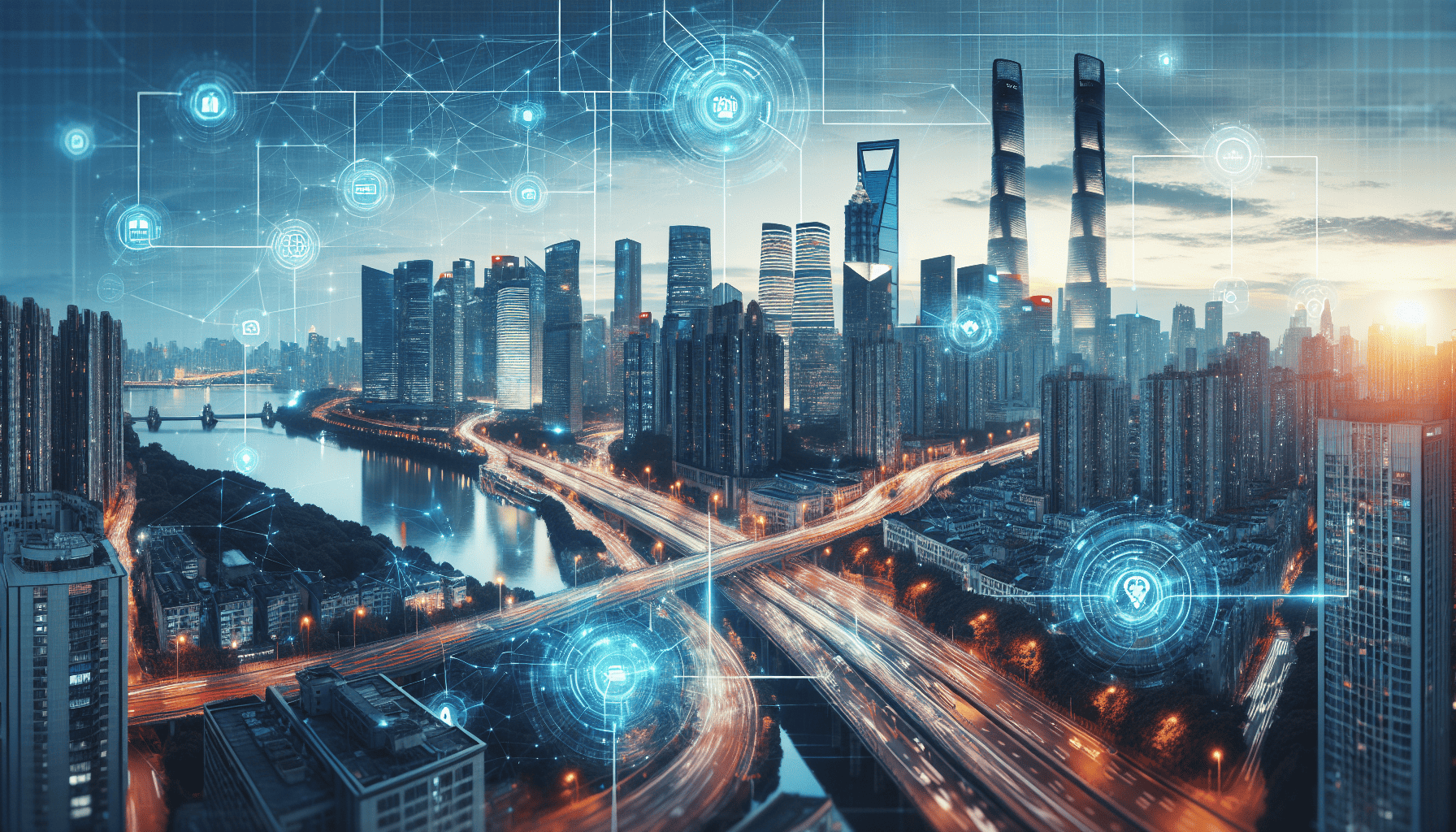The evolution of smart city technologies has reshaped the landscape of urban living, promising a future defined by efficiency, sustainability, and enhanced quality of life. As urban areas continue to swell, the challenges associated with urban living — such as traffic congestion, pollution, and resource management — have intensified. Addressing these challenges requires innovative solutions that smart city technologies are uniquely positioned to provide.
The integration of smart city technologies involves a harmonious blend of Internet of Things (IoT) devices, big data analytics, artificial intelligence (AI), and efficient infrastructure. These components work together to create a seamless urban ecosystem that is not only responsive but also anticipatory.
IoT devices serve as the backbone of a smart city by collecting and transmitting data from various points across the city's infrastructure. Sensors installed throughout the city monitor everything from waste management and air quality to water usage and energy consumption. This real-time data collection enables city administrators to make informed decisions that improve service delivery and resource allocation, while also empowering residents with insights into their urban environment.
One of the most visible benefits of smart city technologies is the transformation of urban mobility. Smart traffic management systems, powered by AI and real-time data, can dynamically adjust traffic signals to optimize traffic flow, reducing congestion and commute times. These systems can also seamlessly integrate with public transportation networks, offering residents more reliable and efficient travel options. Additionally, the promotion of electric and autonomous vehicles as part of a smart city strategy not only reduces emissions but also introduces innovative transportation solutions that cater to the diverse needs of an urban population.
Sustainability is another cornerstone of smart city integration. The deployment of renewable energy sources such as solar panels and wind turbines is complemented by smart grids that efficiently manage energy distribution and consumption. Smart grids are capable of adjusting energy flow based on demand and supply fluctuations, ensuring minimal wastage and promoting the use of sustainable energy resources. Furthermore, the proliferation of smart buildings equipped with energy-efficient systems and automated controls contributes to the overall reduction of a city's carbon footprint.
Data collected from smart city technologies also plays a crucial role in enhancing public safety and emergency response. Surveillance systems, predictive analytics, and AI-enhanced monitoring can help in identifying potential safety threats or emergency situations, allowing for more rapid and effective responses. This not only ensures the safety of residents but also fosters a sense of security and trust in urban authorities.
Citizen engagement and participation are vital components of a successful smart city. By leveraging technology, cities can offer platforms for residents to voice their concerns, suggest improvements, and collaborate on urban planning initiatives. This democratization of urban governance encourages a participatory approach to city development, ensuring that technological advancements align with the needs and aspirations of the community.
However, the integration of smart city technologies is not without its challenges. Issues related to data privacy, cybersecurity, and the digital divide must be addressed to ensure that all residents have equal access to the benefits of smart city initiatives. It is imperative for city planners to establish robust frameworks that safeguard user data while promoting transparency and accountability.
In conclusion, the integration of smart city technologies presents an unprecedented opportunity to reinvent urban living for the better. By embracing these technologies, cities can enhance their operational efficiency, promote sustainability, and improve the overall quality of life for their residents. As we continue to navigate the complexities of urbanization, smart cities represent a visionary approach to creating interconnected communities that are resilient, inclusive, and future-ready.
